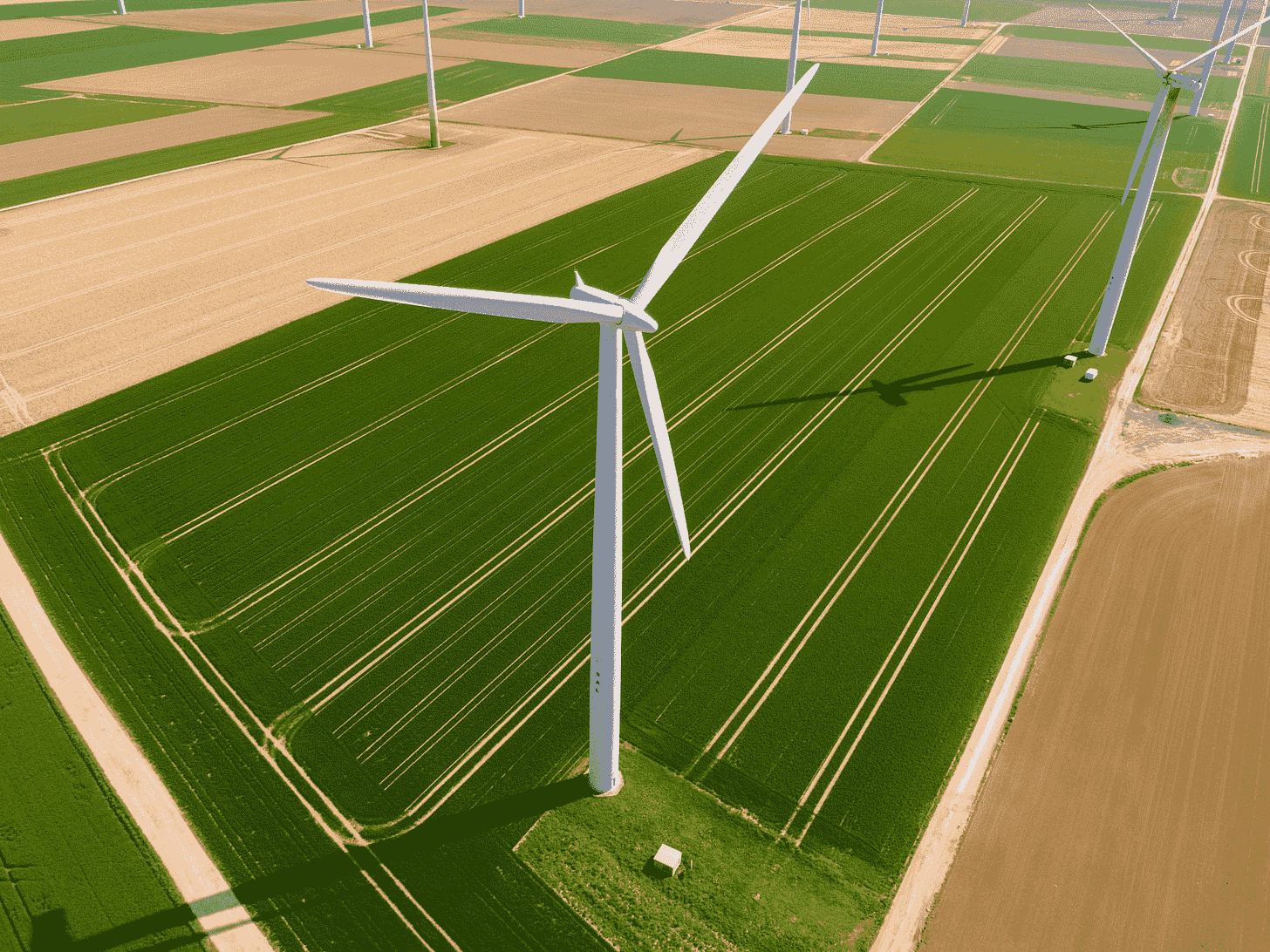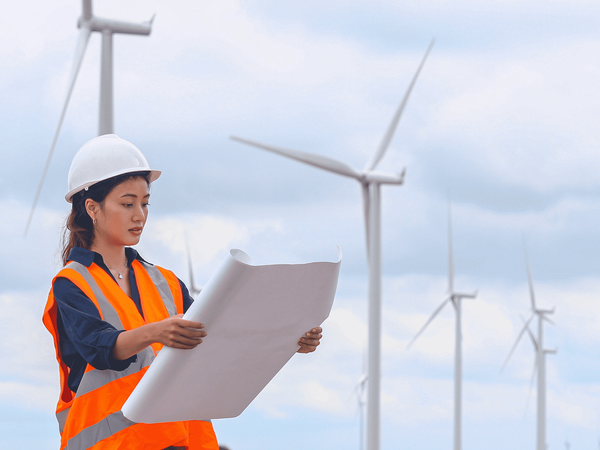Shaila Sahai's journey to sustainable crowdfunding with We Take Part

One fine morning during the first lockdown, while having her coffee, Shaila came up with the idea of starting an investment company that would specialize in Greentech, primary tech, and sustainable companies. Six months later, We Take Part was formed.
For Shaila, the sustainability has been a way of life ever since she was a kid. Later in her career as a finance professional, she remembers wanting to include sustainability field in her professional life.
She wanted to know more about those practices that were already being thought about by the regulators and apply those regulations on sustainable finance in her everyday job. That’s how she finally came to the point where instead of a finance professional, she became a sustainable finance professional.
In this issue, we talk with Shaila about her unique and interesting sustainable finance company, We Take Part.
Let’s start by talking about We Take Part. What does it do?
We Take Part is an equity crowdfunding platform, based in Paris. Our specialization is to assist the acceleration of climate tech companies throughout Europe that have sustainable Practices and ESG strategies. We are in a pre-launch phase right now and are almost done with our European authorization paperwork.
After that, we will be able to start the first crowdfunding campaigns for any Greentech and Climate tech in Europe that needs to raise funds through crowd equity.
If the company is interested in launching a campaign on the platform, they will have a page where they can apply. On that page, they can send some information about the solution, the nature of the activity, the time the company was founded, and their approximate revenue. Later, we ask them for more formal information like financial statements and we ensure that they are willing to go with our process of measuring and managing their environmental impact and ESG practices.
This is going to be communicated on the crowdfunding campaign page and through our newsletter, which we share with our investors pool. When the campaign is launched and becomes successful, we will also be able to continue communicating about their impact to their investors. So, the involved parties, including investors know the status of their investment.
Very interesting! How did you come up with the idea and how are you operating?
For me, it is like the combination of everything that I know and want to do in the future. I've studied finance management and after working for some years in financial services, and financial controlling, I came to a point where I started my consulting firm.
I specialized in small and medium companies, helping them with their financial management. At some point, it became obvious that what these small and medium companies need the most is funding. Naturally, I had to become increasingly aware of all the possibilities to help them get that funding, but as my work was concentrating on management and strategy, I only had to work with companies that already had good business going on. Unlike a company that just started, the company should be already thinking of expanding or developing the business but needs guidance in managing its finances efficiently.
After working for five years as a consultant for those companies, I realized that I was helping all types of businesses and some of them were in some industries that were very harmful to the environment.
As a person, I am incredibly careful about the environment. I was raised in the middle of nature in the Caribbean and have always been very aware and eco-conscious. Then it hit me that I was doing something in my profession that was against my convictions, and I decided to do something about it.
How do you avoid greenwashing during your assessment of the companies?
At some point there is something that you cannot do because you do not have control over others and their companies— they can hide things. However, in We Take Part, I can implement some ways to check some stuff. Firstly, we need to make sure that the raising company itself is willing to implement an ESG trajectory if they have not already.
We have the right equipment to guide them on that matter throughout the lifecycle of the outcome. Also, we check the nature of the solution, which needs to serve the environment. So, all the commitments we ask from them are a way for us to make sure that they want to do something right.
Can you share some challenges you faced along the way?
One challenge I met was the project owners' perspective as it seems like a lot of work for the companies to accept all those assessments we ask from them, but we do not ask them to do it themselves. They simply have to commit and accept our guidance on managing their ESG impact while they grow economically.
I also faced multiple challenges of being a solo founder. I have a lot of work, pressure, responsibility, and money to put in by myself, but I have done it so far.
What are your plans for the next five years?
I plan to have as many of the European green tech companies as possible coming to our platforms when they need funds and cannot raise from VCs or the bank. We offer them a whole package of services that will help them prove that investing in their company is worthy and has a positive impact.
Do you feel that there are lots of VCs wanting to invest?
Yes, that is also why I chose to go with equity crowdfunding because, at the end of the day, VCs are careful. They want their money back. We did some market study and even interviewed people.
People want to see a change and they want to help those companies, those innovators who could be their neighbors and who have developed a solution to save our environment.
What is your advice for the new founders?
I will tell you about my journey, not only as a solo founder but as a woman of color founder and a single mother in France. This is another type of journey. My first piece of advice, and that is the most important thing that I could share— your startup will require a lot of work from you, even much more than you could even imagine but you need to set yourself some limits, and some boundaries for yourself from the beginning.
You need to prioritize your health because this will be very hard and if you want to persevere, that goes through all of it. Your health needs to be checked. You need to sleep, eat, and exercise properly. Although my advice is very personal, but impacts a lot on your productivity and your ability to go through the ride because this journey is tough.
Visit previous interviews with other Green Initiatives.



